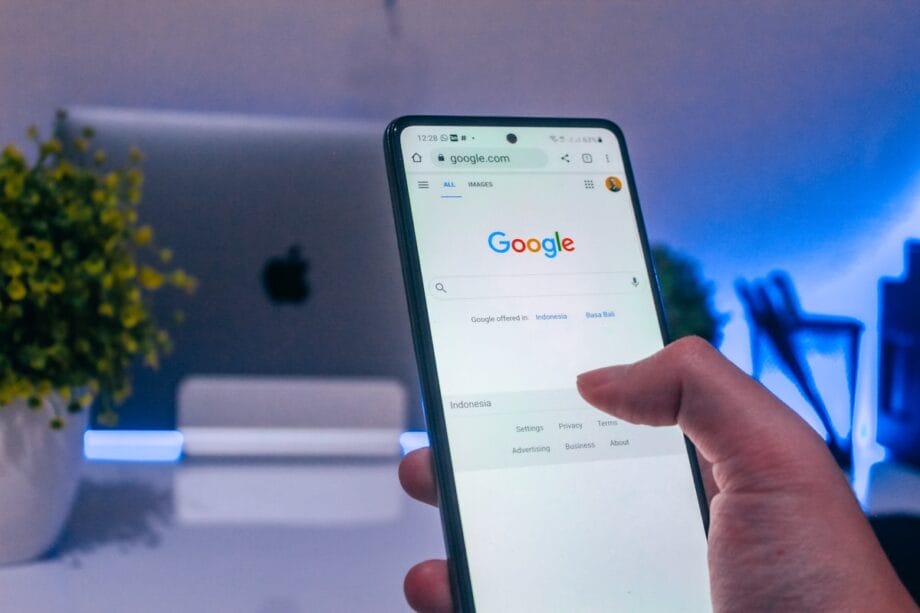Supreme Court Denies Google’s Appeal in App Store Overhaul
The United States Supreme Court has rendered a pivotal decision, declining to grant Google protection from a year-old mandate requiring a substantial transformation of its Android app store. This order stems from a jury’s determination that Google operates an illegal monopoly within the app ecosystem.
The succinct ruling, articulated in a single sentence, compels Google to commence an extensive revision of its Play Store, which serves the Android operating system that powers the majority of smartphones competing against Apple’s iPhone in the United States.
U.S. District Judge James Donato’s directive, issued last October, instructs Google to provide its competitors with access to its comprehensive inventory of Android applications and further mandates that these alternative options be made available for download through the Play Store.
In a prior submission to the Supreme Court, Google expressed grave concerns regarding the implications of Judge Donato’s order, arguing it would expose over 100 million U.S. users to “enormous security and safety risks” by allowing stores that harbor malicious, deceptive, or pirated content to proliferate.
As the company faces a looming deadline of October 22 to comply with the judge’s ruling—unless the Supreme Court intervenes—Google is simultaneously pursuing a last-minute appeal to overturn the December 2023 jury verdict that condemned the Play Store as an abusive monopoly.
In a statement, Google confirmed its intent to persist in its legal struggles while simultaneously adhering to what it deems a problematic directive.
“The changes mandated by the U.S. District Court will jeopardize users’ ability to safely download apps,” the company cautioned.
Previously shielded from this order while contesting its legitimacy, Google faced a setback when the Ninth Circuit Court of Appeals dismissed its appeal two months ago.
In its appeal to the Supreme Court, Google contended that it was being unjustly transformed into a supplier and distributor for potential competitors.
Judge Donato concluded that the digital barriers protecting the Play Store from competition must be dismantled to counteract a sustained pattern of exploitative practices.
This conduct has reportedly yielded billions of dollars in annual profits for Google, primarily through its exclusive control over a payment processing system that collects a 15-30% commission on in-app transactions.

These commissions were central to an antitrust lawsuit filed by Epic Games against Google in 2020, culminating in a month-long trial that affirmed the monopoly verdict.
Epic Games, known for developing the popular Fortnite game, previously faced its own antitrust challenges against Apple’s iPhone app store. Despite an initial ruling determining that Apple’s app store was not an illegal monopoly, Judge Yvonne Gonzalez-Rodgers instructed Apple to allow links to alternative payment systems—an outcome that led to Apple being held in civil contempt of court earlier this year.
In response to the Supreme Court’s decision, Epic CEO Tim Sweeney praised the ruling as a triumph for consumer choice regarding alternative app payment options, free from fees and cumbersome barriers.
While these modifications to the Play Store are anticipated to adversely affect Google’s profitability, the company primarily generates revenue from its digital advertising network, anchored by its dominant search engine—each component a cornerstone of its internet empire, which is currently facing scrutiny on multiple legal fronts.
Recent actions from the U.S. Justice Department have also classified both Google’s search engine and certain aspects of its advertising technology as illegal monopolies.
A federal judge dismissed a proposed breakup plan from the Justice Department earlier this year, which was perceived as a temporary relief for Google.
The Justice Department is now pursuing a separate break-up in the realm of advertising technology, with closing arguments expected on November 17 in Alexandria, Virginia.
Source link: Abc27.com.






